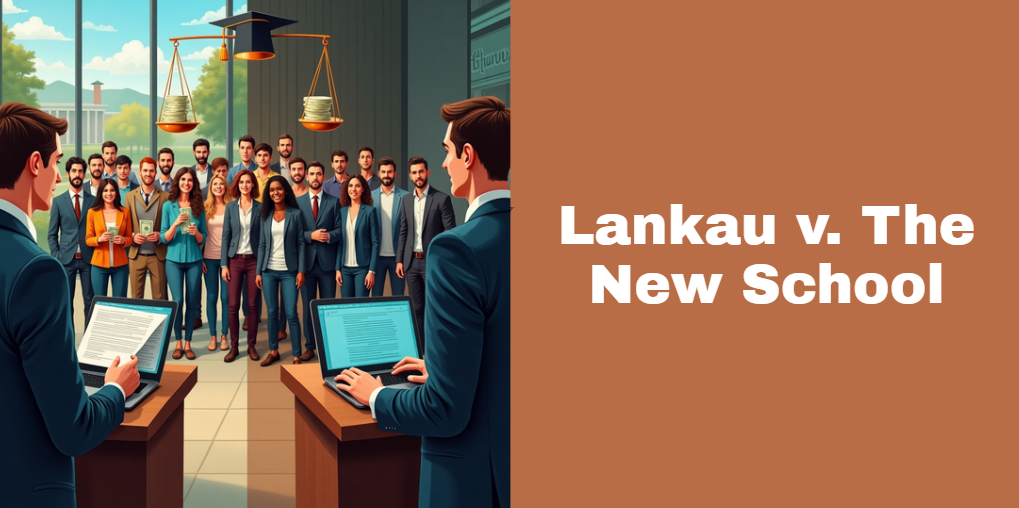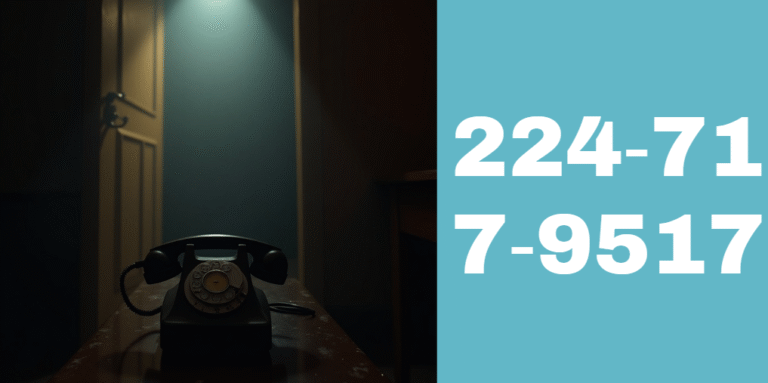Lankau v. The New School: A Landmark Class Action Lawsuit in Higher Education
The case of Lankau v. The New School stands out as one of the most significant legal battles stemming from the COVID-19 pandemic within the academic world. At its core, this lawsuit addresses the rights of students in receiving the type and quality of education they paid for, particularly when external events force institutions to change how that education is delivered. Filed as a class action, the case has broader implications not only for The New School in New York City but for higher education institutions across the United States.
This case highlights the tensions between contractual expectations and emergency adaptations. It raises fundamental questions: When a student pays tuition, what exactly are they paying for? And if that experience changes dramatically, does the institution owe them anything in return?
Background of The New School
Founded in 1919, The New School is a progressive university based in New York City, known for its emphasis on creativity, critical thinking, and interdisciplinary studies. Prior to the pandemic, The New School operated under a traditional in-person education model. Students paid premium tuition for access to its urban campus, expert faculty, collaborative environment, and hands-on learning opportunities.
The university positioned itself as a place of innovative and immersive education, attracting students globally with its promise of an engaging campus experience. This promise is central to the Lankau v. The New School case, as it laid the foundation for what students believed they were contractually entitled to when they enrolled and paid tuition.
The Onset of the COVID-19 Pandemic
In early 2020, like countless institutions worldwide, The New School faced a public health crisis that forced it to close its doors and transition to online learning. The shift, although necessary for safety, had profound implications on how courses were delivered and experienced.
Students who enrolled expecting in-person instruction, use of campus facilities, and extracurricular engagement suddenly found themselves participating in remote learning from their homes. The abrupt nature of this shift, paired with the lack of tuition reductions, left many students feeling shortchanged.
Numerous students voiced concerns about:
- Decreased quality of instruction
- Loss of campus-based services
- Inability to use specialized facilities (e.g., design labs, performance spaces)
- No reimbursement for fees covering on-campus resources
It was under this backdrop of dissatisfaction that the lawsuit was filed.
Legal Foundations of the Lawsuit
At the heart of Lankau v. The New School is the legal doctrine of implied contract. While students don’t typically sign a formal contract for specific services when enrolling, courts have acknowledged that schools and students enter into an implied agreement. This agreement is often reflected in promotional materials, course catalogs, and tuition policies.
The plaintiffs, led by student Christopher Lankau, argued that:
- They paid for a specific type of education — in-person learning and on-campus access.
- The shift to remote learning fundamentally altered what was provided.
- The university refused to refund or adjust tuition despite these changes.
Key legal claims included:
- Breach of Implied Contract: The school did not fulfill its advertised commitments.
- Unjust Enrichment: The New School retained full tuition payments while reducing educational value.
- Conversion and Misrepresentation: Allegations that the institution improperly kept fees meant for on-campus services no longer being provided.
Court Proceedings and Developments
The case was filed in the Southern District of New York. The school initially filed a motion to dismiss, arguing that the changes were due to unprecedented circumstances and not a breach of any contract.
However, the court denied the motion in part, allowing key claims to proceed. The court recognized that the allegations about the nature of services promised and those actually delivered needed to be examined further in trial.
Timeline of Major Events
| Date | Event |
|---|---|
| March 2020 | The New School transitions to remote learning due to COVID-19 |
| May 2020 | Christopher Lankau files the class-action lawsuit |
| 2021 | Motions to dismiss are partially denied by the court |
| 2023 | Class certified and settlement negotiations begin |
| 2024 | Apex Class Action LLC appointed to administer the settlement process |
Settlement and Class Action Details
Eventually, the parties agreed to a settlement rather than continuing prolonged litigation. Apex Class Action LLC was appointed to manage the settlement distribution process.
Class Member Eligibility
To be eligible as a class member, individuals had to:
- Be enrolled at The New School during the Spring 2020 semester
- Have paid tuition or fees during that time
- Not opted out of the class action
The settlement does not represent an admission of wrongdoing by The New School. Instead, it reflects a mutual decision to resolve the matter efficiently.
Students were provided instructions for submitting claims, and compensation was calculated based on the number of qualifying class members and the size of the settlement fund.
Broader Implications for Higher Education
The Lankau v. The New School lawsuit sparked a nationwide conversation. It became one of several similar cases filed against universities across the country. However, each case had unique legal nuances based on state laws, university marketing language, and the nature of the services involved.
This case raised significant questions:
- Are tuition payments tied strictly to credit hours or the broader educational experience?
- Can universities be held accountable for sudden changes due to emergencies?
- Should contracts in higher education be more explicitly defined?
As a result, many institutions have revised their enrollment terms and student handbooks to clarify what is and is not guaranteed.
Comparative Analysis with Similar Cases
To understand how Lankau v. The New School fits into a broader legal trend, it’s helpful to compare it to similar lawsuits:
| Case | Institution | Outcome |
|---|---|---|
| In re: Columbia University Tuition | Columbia University | Settlement reached |
| Saroya v. University of the Pacific | University of Pacific | Partially dismissed |
| Rynasko v. NYU | New York University | Ongoing as of last report |
Each case influenced how courts interpret the educational contract, with Lankau v. The New School among the more prominent and impactful.
Conclusion
Lankau v. The New School represents a crucial moment in the evolving relationship between students and educational institutions. What began as a response to a sudden health emergency ended up challenging long-standing assumptions about tuition, services, and institutional accountability.
The case not only offered financial restitution for affected students but also led to greater transparency in how universities structure their student agreements. As the education system adapts to new models, this lawsuit will likely serve as a key precedent.
Recommended Articles
Complete Guide to the Hannish Certificate Of Grade 3 Import in Final Fantasy XIV
What Is 24ot1jxa? Full Guide to Its Meaning, Function, Risks & Protection
Comprehensive Guide to Kashyeportazza Ltd Products: Innovation, Quality and Sustainability
Understanding Monaco Zirawa Insurance: Comprehensive Guide to Coverage, Benefits and Process






